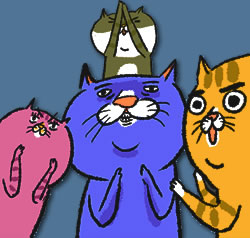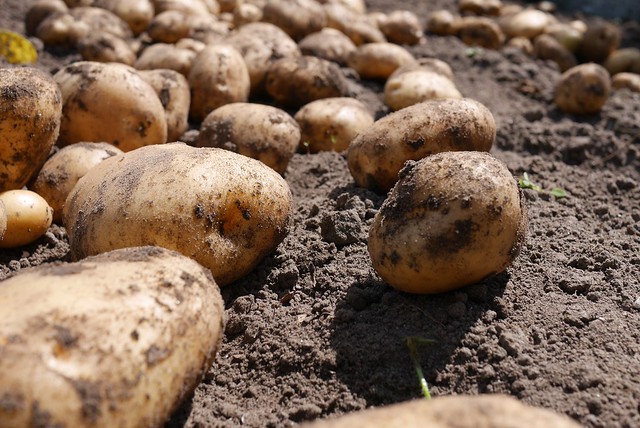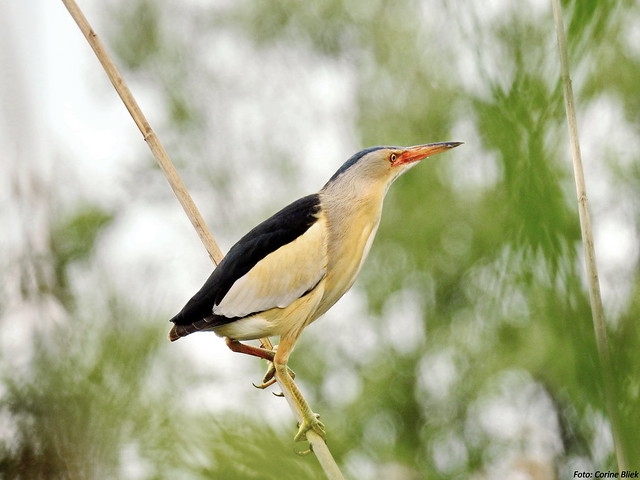An interesting word that came up in my Spanish lessons this morning was durazno [duˈɾasno], which is a peach in Latin American. In Spain a peach is a melocotón [melokoˈton].
Durazno comes from the Latin dūracinus, which means ‘hard-berried’, from dūrus (hard) acinus (berry, grape). It originally referred to grapes used for eating rather than wine-making. Later is was also used for other fruits with a central stone, such as peaches [source].
Other words from the same root include:
- Arabic: دُرَّاق (durrāq) – peach
- French: duracine – a variety of peach with firm flesh
- Greek: ροδάκινο (rodákino) – peach
- Italian: duracina – clingstone (peach), bigaroon (a type of cherry)
- Quechua: turasnu – peach
- San Juan Colorado Mixtec: durastun – peach
- Tetelcingo Nahuatl: trösno – peach
A clingstone is a type of fruit with a stone that clings to the flesh, such as a peach [source]. The antonym is freestone, a type of fruit with a stone that doesn’t cling to the flesh (much).
The Quechua, Mixtec and Nahuatl words were borrowed from Spanish. The Arabic word came from the Ancient Greek δωράκινον (dōrákinon).
Melocotón comes from the Latin mālum cotōnium (quince – “apple of Cydonia”), from mālum (apple) and cotōnium (quince tree) [source].
The English word quince comes from the same root via the Old French cooing (quince), and the Late Latin cotōneum (quince) [source].
Cydonia or Kydonia (Κυδωνία) was a city in northwest Crete in the site of modern Chania (Χανιά) [source].
The English word peach comes from the Middle English peche (peach), borrowed from the Old French pesche (peach), from the Vulgar Latin *pessica (peach) from the Late Latin persica (peach), from the Classical Latin mālum persicum (peach, “Persian apple”), from the Ancient Greek μᾶλον περσικόν (mâlon persikón – peach, “Persian apple”) [source].
The scientific name for peach is Prunus persica (“Persian prune”), and comes from the old belief that peaches were native to Persian, and because peaches are related to plums. They are in fact native to the north west of China [source].










